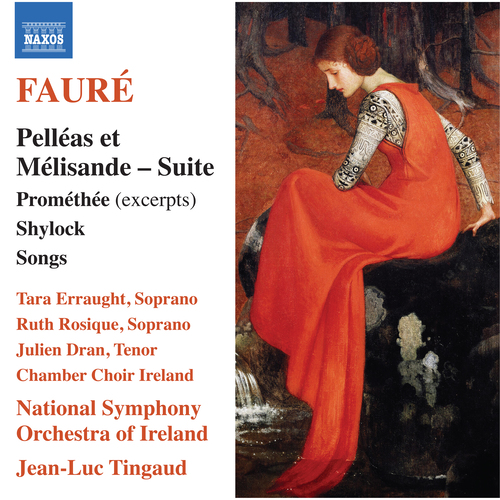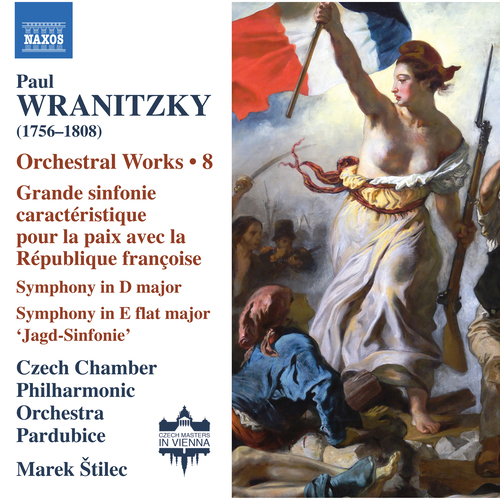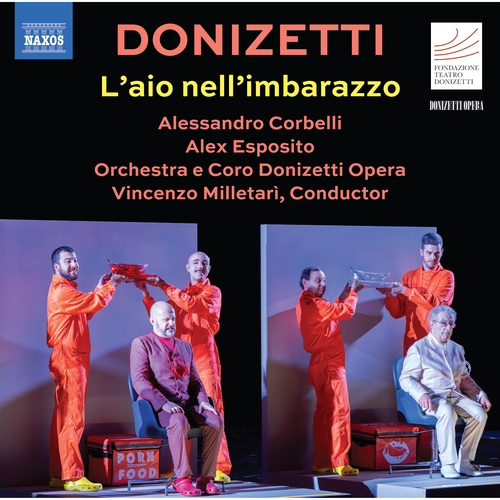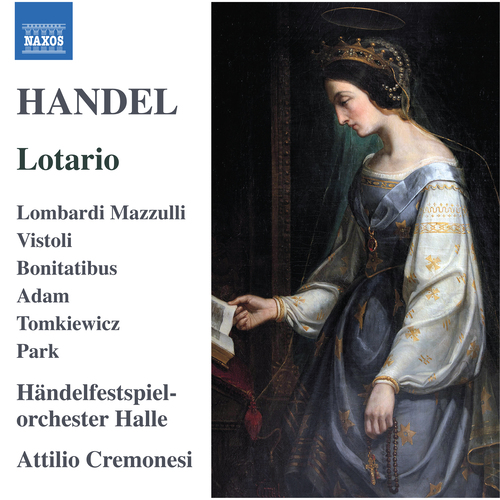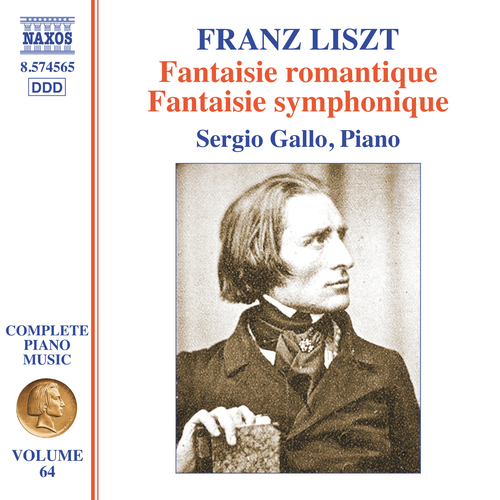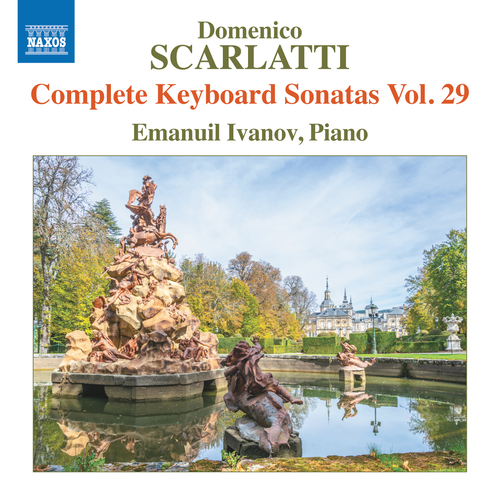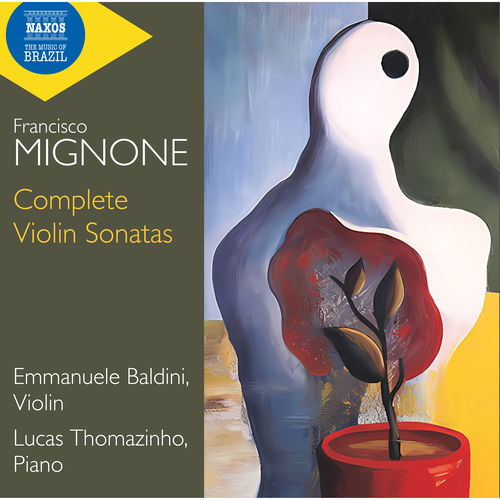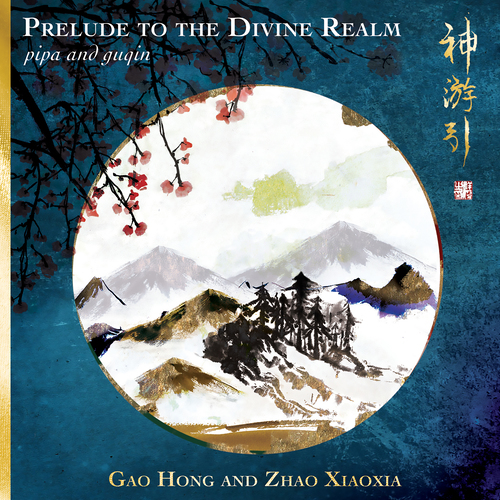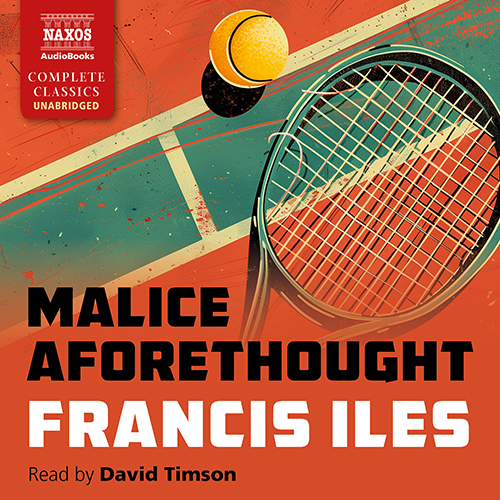The January NEW ON NAXOS highlights Gabriel Fauré’s orchestrated songs and his music for the stage. Jean-Luc Tingaud conducts the National Symphony Orchestra of Ireland and the Chamber Choir Ireland. The programme includes the incidental music for Pelléas et Mélisande containing some of his best-loved music, the rare Wagnerian drama Prométhée, the eloquent Shylock suite inspired by Shakespeare and other songs including the transcendentally beautiful love song Les Roses d’Ispahan, and features sopranos Tara Erraught and Ruth Rosique, and tenor Julien Dran.
Other highlights include Gaetano Donizetti’s melodramma giocoso L’aio nell’imbarazzo, with Vincenzo Milletarì conducting the Orchestra e Coro Donizetti Oper, featuring bass-baritone Alex Esposito; Vol. 64 in the Liszt Complete Piano Music series presented by Steinway Artist Sergio Gallo; Pipa master Gao Hong and guqin virtuoso Zhao Xiaoxia revisiting some of China’s most traditional pieces; and more.
![]() Watch our monthly New on Naxos video to sample the highlighted releases of the month.
Watch our monthly New on Naxos video to sample the highlighted releases of the month.
This programme spotlights Gabriel Fauré’s orchestrated songs and his music for the stage, of which his suite from the incidental music for Pelléas et Mélisande includes some of his best-loved music. Performances of Fauré’s spectacular Wagnerian drama Prométhée are a real rarity, while the eloquent Shylock suite, based on Shakespeare, contains some of his most elaborate symphonic music. Fauré orchestrated only a small number of his more than 100 songs, but these include the transcendentally beautiful love song Les Roses d’Ispahan with its harmonic subtleties and gorgeous coda.
INCLUDES WORLD PREMIERE RECORDINGS
Paul Wranitzky began composing late in life compared to his friend Mozart, but quickly rose to become the most important symphonist in Vienna by the end of the 1790s. The dramatic Grande sinfonie caractéristique pour la paix avec la République françoise depicts the French Revolution and France’s subsequent war with Austria. Political complications saw its performance in Vienna forbidden by Imperial decree, but this did not end Wranitzky’s success at court: the exuberant Symphony in D major and the charming ‘Hunt Symphony’, both unpublished, come from the collection of the Emperor’s brother.
Donizetti’s L’aio nell’imbarazzo (‘The Embarrassed Tutor’) is a melodramma giocoso in two acts, premiered to considerable acclaim in 1824. Its subject is the belated attempt by the elderly Marquis Giulio to keep his sons innocent of the ways of world and the comedy of errors that result. Two years later Donizetti drastically revised the opera, which duly appeared under the title Don Gregorio. This production uses the critical edition and restores the work, as far as possible, to Donizetti’s original conception – including excised arias, and emphasising the composer’s sparkling orchestration.
Handel’s success with Italian-style opera in London had passed its initial peak by 1729. Lotario – a tale of revenge and heroism based on events in the life of Holy Roman Empress Adelaide of Italy – was the first of a new series of works intended to revive interest and challenge society’s new ‘vile taste’ for satire and light entertainment. Despite being one of Handel’s least-known operas, it displays his renowned talent for writing convincing drama with melodically rich and emotionally charged arias. This live recording is performed on period instruments by the Händelfestspielorchester Halle.
Franz Liszt’s prolific output as a composer was maintained during a stormy life and performing career. As a result, many works were revised before they became the popular pieces we know and love today. This wonderful selection of earlier and lesser-known versions of Liszt’s masterpieces includes the majestic Paralipomènes à la Divina Commedia, alongside other pieces that shed light on spiritual aspects of the final version of Années de pèlerinage. The relatively unfamiliar Fantasie romantique, with its evocations of the Swiss Alps, is also featured.
Domenico Scarlatti’s 555 keyboard sonatas were most probably written for his patron Princess Maria Barbara of Portugal. Her love of music leads us to assume that she was suitably appreciative of these extraordinary gifts from her teacher and friend. The earlier sonatas are rooted in the Italian style, with the Sonata in G major, K.103 notable for its eyebrow-raising lurches between major and minor tonalities. The influence of Spanish flamenco guitar can be heard in exotic embellishments and spicy harmonies in sonatas such as K.137 and K.303. Scarlatti’s astonishing originality can be found throughout this entire collection.
INCLUDES WORLD PREMIERE RECORDINGS
Francisco Mignone was a leading figure in the Brazilian music scene of the 20th century, with a free-flowing style and gift for melody that instantly communicated with audiences. He was part of the first generation of modernist Brazilian composers that included Villa-Lobos and Guarnieri. Mignone’s two early unnumbered sonatas emulate the French influence of Fauré and Debussy, but it was not until the 1960s that he returned to the genre. The First and Second Sonatas share a fragmented, experimental character that juxtapose varying forms of tonality and metre, while the Third Sonata features national rhythmic and melodic elements. These sonatas represent some of the most significant works for violin and piano to come from Brazil.
INCLUDES A WORLD PREMIERE RECORDING
Lera Auerbach’s profoundly expressive music has won the admiration of the world’s leading musicians. Her solo violin music is marked by respect for the past but is deeply personal and innovative, qualities shown in the intense, intimate T’filah (‘Prayer’), a personal reaction to the Holocaust, and Speak, Memory, evoking memories of youth. Ghostly echoes of Bach are heard in the searing, atmospheric Par.ti.ta, while in Lonely Suite solitary existence is not without moments of humour. Christine Bernsted’s recording of Auerbach’s 24 Preludes (Naxos 8.574464) was praised for its ‘technical and artistic brilliance’ (Fanfare).
* Only available for download and streaming
Pipa master Gao Hong and guqin virtuoso Zhao Xiaoxia revisit some of China’s most traditional pieces, such as Three variations on the Plum Blossom and Yangguan Sandie, complementing them with improvisation and adaptation full of their own unique creative charm. Here, they masterfully combine the rich history of traditional culture with the avant-garde energy of contemporary art to create a work that is both a philosophical meditation and a spiritual journey.
The New & Now playlist features all that is new and exciting in the world of classical music, whether it’s new music, new presentations or new performers. With more than 200 new releases each year, and artists from around the world, there is always something new to discover with Naxos.
































